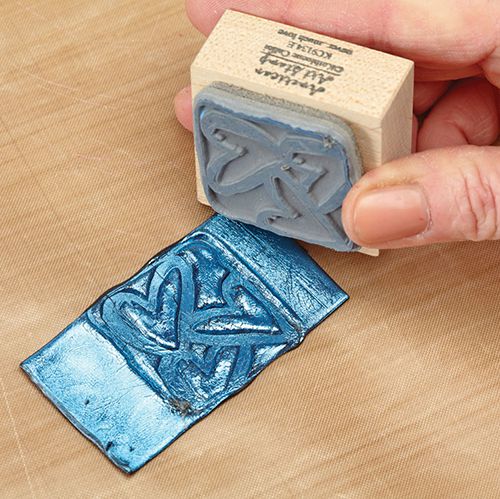
In Bazel, stamping is the process of embedding additional information into built
binaries, such as the source control revision or other workspace-related information.
Rules that support stamping typically include an integer stamp attribute, where
1 means “always stamp”, 0 means “never stamp”, and -1 means “use the Bazel
build --stamp flag. This blog post explains how to write a rule that supports
these values.
Quite frankly, the 0 and 1 cases are trivial; the only trick is supporting -1. We can implement this by using a combination of Bazel macros and configurable build attributes
Consider a ruleset for the hypothetical programming language mylang.
First, define a config_setting() that can be used to detect whether --stamp
was set on the comamnd-line:
|
|
Now, create a rule mylang_binary(), but rather than exposing the rule directly,
wrap the rule with a macro that reads the value of private_stamp_detect from
above:
|
|
Then implement the rule as normal, setting stamp based on a combination of
the rule’s stamp attribute and the value of private_stamp_detect:
|
|
Now mylang_binary will stamp binaries by default if users use the
bazel build --stamp command-line optoin.